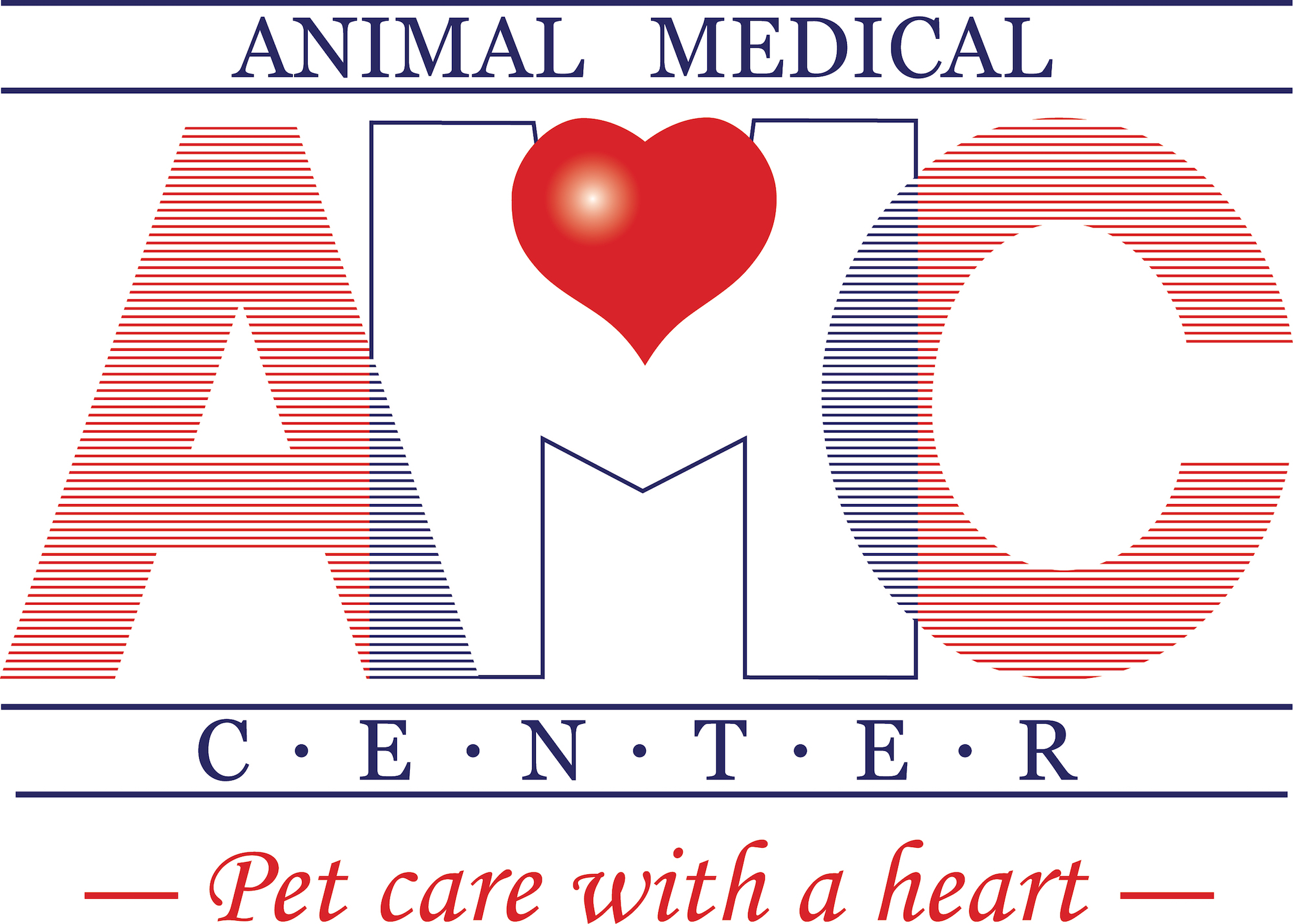Library
-
Canine herpesvirus (CHV), or canine herpes, is a systemic, often fatal, disease of puppies caused by the canine herpes virus (CHV). Treatment of neonatal puppies is usually unsuccessful and most infected puppies die before medical help can be sought. Older puppies and adult dogs have a better prognosis if clinical signs are mild.
-
Feline viral rhinotracheitis (FVR) is an infectious disease caused by feline herpesvirus type-1. It is a major cause of upper respiratory disease in cats and is the most common cause of conjunctivitis. (inflammation of the tissues surrounding the eye, especially the lining of the lids and the third eyelid).
-
Histoplasmosis is an infection caused by histoplasma, a fungus found in moist soils and especially prevalent around the Ohio, Mississippi, Missouri, and St. Lawrence rivers, as well as the southern Great Lakes and Alberta. Fungal spores are inhaled or ingested and cause infection in many sites including the lungs, gastrointestinal tract, eyes, joints, and spleen. This handout outlines signs, diagnosis, treatment, and prognosis. Histoplasmosis is transmissible to humans, especially if they are immunocompromised.
-
Histoplasmosis is an infection caused by histoplasma, a fungus found in moist soils and especially prevalent around the Ohio, Mississippi, Missouri, and St. Lawrence rivers, as well as the southern Great Lakes and Alberta. Fungal spores are inhaled or ingested and cause infection in many sites including the lungs, gastrointestinal tract, eyes, joints, and spleen. This handout outlines signs, diagnosis, treatment, and prognosis. Histoplasmosis is transmissible to humans, especially if they are immunocompromised.
-
Hookworm is a parasitic infection of the gastrointestinal tract. The parasites have hook-like mouthparts they use to anchor themselves to the lining of the intestinal wall. This handout outlines clinical signs, diagnosis, treatment, and prevention.
-
Hookworm is a parasitic infection of the gastrointestinal tract. The parasites have hook-like mouthparts they use to anchor themselves to the lining of the intestinal wall. This handout outlines clinical signs, diagnosis, treatment, and prevention.
-
Vaccinations are important to prevent serious illness in cats. Even cats that spend all their time indoors should be vaccinated. Some viruses can be carried into your home on inanimate objects such as shoes and clothing. Your veterinarian can help you determine what vaccinations your cat needs to be protected.
-
Vaccinations are important to prevent serious illness in dogs. Even dogs that spend all their time indoors should be vaccinated. Some viruses can be carried into your home on inanimate objects such as shoes and clothing. Your veterinarian can help you determine what vaccinations your dog needs to be protected.
-
There are four major infectious diseases seen in pet rabbits: myxomatosis, rabbit hemorrhagic disease (RHD), encephalitozoonosis, and pasteurellosis. This handout discusses the causes, signs, and treatments for these diseases. Be sure to have your rabbit checked annually by a veterinarian to keep them as healthy as possible and minimize problems.
-
Infectious canine hepatitis (ICH) is a viral infection caused by a member of the adenovirus family. Young dogs are at the highest risk of contracting this virus and signs of disease usually occur within two to five days after exposure. In severe cases, usually in young puppies, along with the fever, depression, and loss of appetite, there is abdominal pain, vomiting, diarrhea, edema (fluid swelling under the skin) of the head and neck, and possibly jaundice. Such cases are often fatal. Treatment is aimed at reducing symptoms and giving time for the dog's immune system to respond, including hospitalization, intravenous fluids, and medications. Vaccination has been very successful at reducing the prevalence of this disease.

